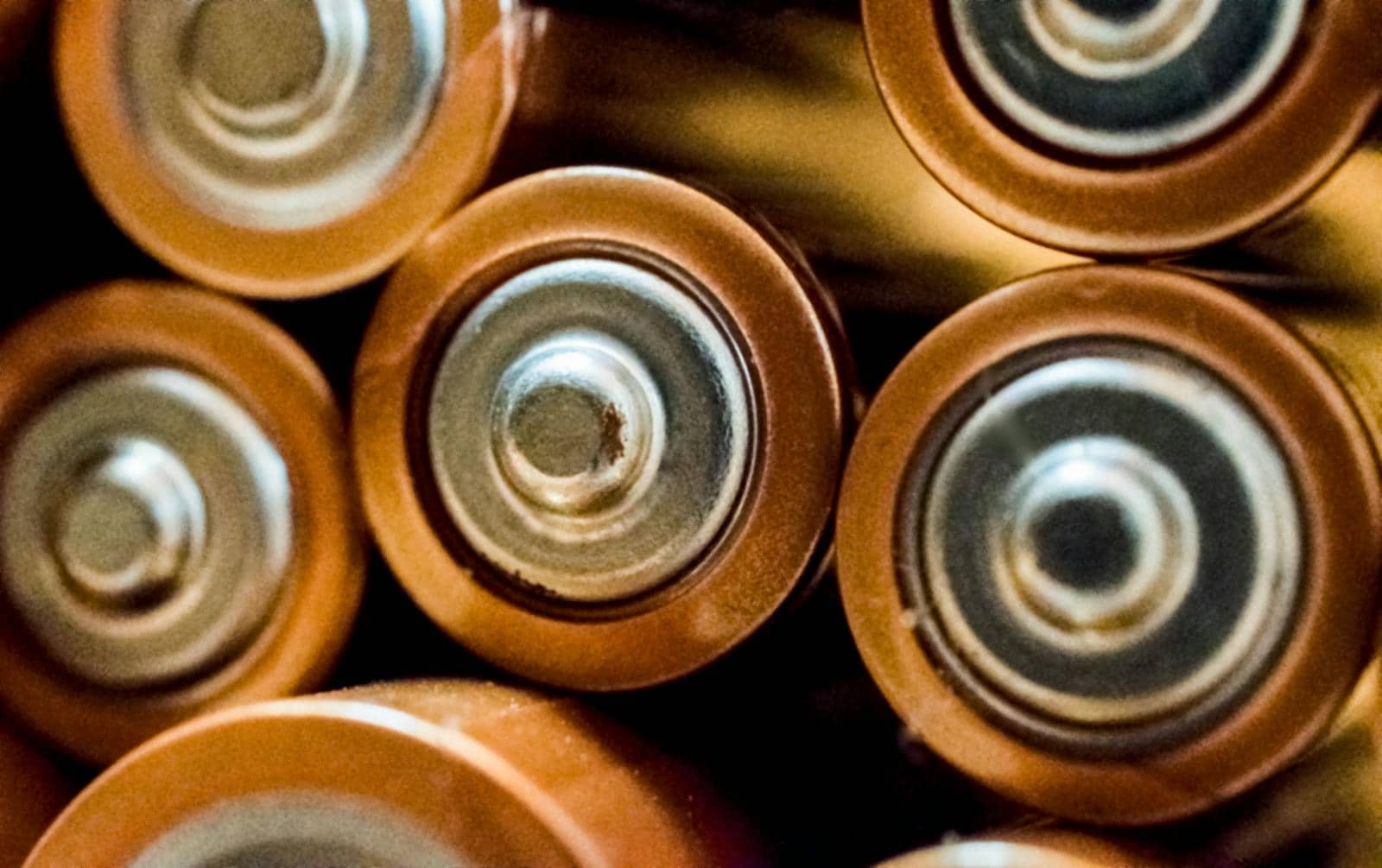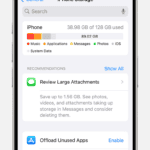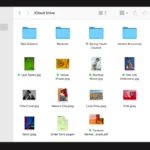In most communities, alkaline and zinc carbon batteries can be safely disposed of in your household trash. The EPA recommends sending used alkaline and zinc carbon batteries to battery recyclers or checking with your local or state solid waste authority. Disposing of batteries can be confusing because different types of batteries require specific methods for proper disposal. It’s important to understand the potential risks and to follow the correct disposal guidelines to protect the environment and prevent safety hazards.
This article explains the safe ways to discard various battery types and provides helpful tips for responsible battery disposal. Properly disposing of batteries is crucial for safety and environmental reasons. Most single-use alkaline batteries, such as AA and AAA batteries, can usually be thrown in the trash. However, rechargeable batteries and lithium batteries must be recycled because they contain hazardous materials. It’s important to note that different areas have different regulations. For example, in California, it’s illegal to throw away single-use batteries in the trash. Recycling is the best practice for all types of batteries whenever possible. This ensures that valuable materials can be reused and that harmful substances do not enter landfills.

Which Batteries Are Safe To Throw Away In The Trash
| Battery Type | Safe to Throw Away in Trash | Notes |
|---|---|---|
| Alkaline Batteries (AA, AAA, D, etc.) | Generally Yes | Check local regulations as some areas prohibit this. |
| Zinc-Carbon Batteries | Generally Yes | Check local regulations as some areas prohibit this. |
| Rechargeable Batteries (Lithium-ion, NiMH, etc.) | No | Must be recycled or disposed of at a hazardous waste facility. |
| Button Batteries (Lithium) | No | Can cause fires if damaged. Must be recycled or disposed of at a hazardous waste facility. |
| Lead-Acid Batteries (Car Batteries) | No | Must be returned to a retailer or recycled at a hazardous waste facility. |
Important Note:
- Always check your local and state regulations regarding battery disposal, as they may be stricter than general guidelines.
- When in doubt, it’s always best to err on the side of caution and recycle or dispose of batteries at a designated facility.
Single-Use Batteries (Alkaline and Zinc Carbon)
In most areas of the United States, it’s okay to throw away single-use alkaline and zinc carbon batteries (like AA, AAA, C, D, and 9-volt) in your regular trash. These batteries no longer contain mercury, making them less hazardous. However, it’s still recommended to recycle them whenever possible to conserve resources.
Button Cell and Rechargeable Batteries
Button cell batteries (like those found in watches) and all types of rechargeable batteries (like lithium-ion or nickel-metal hydride) should never be thrown in the trash. These contain heavy metals and other potentially harmful substances that can leak and contaminate the environment. Always recycle or dispose of them at designated hazardous waste collection sites.
Lithium-ion Batteries (Special Considerations)
Lithium-ion batteries, commonly found in electronics, pose a fire risk if damaged or disposed of improperly. Before discarding, tape the battery terminals to prevent them from touching other metal objects. You can then take them to a designated battery recycling location or hazardous waste collection center. Some retailers also offer battery recycling programs.
State-Specific Regulations
Battery disposal regulations can vary by state. Some states, like California, have stricter laws and require all types of batteries to be recycled. It’s crucial to check your local regulations to ensure proper disposal and avoid potential fines or environmental harm.

Safe Disposal Tips
| Battery Type | Disposal Method |
|---|---|
| Alkaline and Zinc Carbon | Usually safe for regular trash, recycle if possible |
| Button Cell and Rechargeable | Never throw in trash, recycle at designated locations |
| Lithium-ion | Tape terminals, recycle at designated locations |
Remember, always prioritize recycling or proper disposal methods to protect the environment and ensure safety.
Key Takeaways
- Single-use alkaline batteries can usually be thrown away.
- Rechargeable batteries need to be recycled.
- Recycling is the most environmentally friendly option.
Understanding Battery Disposal and Environmental Impacts
Batteries come in various types and contain different components that can harm the environment if improperly disposed of. Regulatory frameworks and environmental policies guide their safe disposal to minimize hazards.
Types of Batteries and Their Components
Batteries are divided by their chemistry and use. Common types include alkaline (AA, AAA), lithium, nickel-cadmium, lead-acid, and zinc-carbon. Alkaline batteries often power household items. Lithium batteries are used in electronics. Nickel-cadmium and lead-acid batteries are found in rechargeable applications. Each type contains materials like zinc, cadmium, lead, and mercury, which can be toxic.
Hazards Associated with Improper Disposal
Throwing batteries in the trash can cause environmental problems. Heavy metals in batteries can leak into soil and water, causing pollution. Some materials are corrosive and can damage landfill liners, increasing the risk of leaks. Improper disposal can also create a fire hazard due to chemical reactions. Recycling is essential to prevent these outcomes and recover valuable materials.
Regulatory Framework and Environmental Policies
Many regions have specific rules for battery disposal. The Environmental Protection Agency (EPA) recommends recycling batteries to minimize environmental harm. States like California have strict laws against throwing away batteries in the trash. Municipal programs often provide disposal sites and options for recycling. Compliance with these regulations helps control the environmental impact and promotes safe disposal practices.
Frequently Asked Questions
This section addresses common questions about the safe disposal of batteries, including information on proper methods, risks, and where to find recycling facilities.
How should AA batteries be disposed of properly?
Most AA batteries can be disposed of in regular trash because they generally contain fewer harmful materials. However, it’s recommended to check local disposal guidelines since some areas have specific regulations for disposing of AA batteries.
Are alkaline batteries safe to discard in regular waste bins?
Alkaline batteries made after 1996 typically don’t contain mercury and can often be thrown away safely in regular waste bins. Still, local regulations may vary, so it’s best to verify with your local waste management authority.
What are the risks of disposing of batteries in household trash?
Throwing batteries in the trash can pose several risks. They may leak harmful chemicals into the ground, causing environmental pollution. There is also a risk of batteries sparking and potentially starting a fire in the trash.
Where can I find battery recycling facilities in my area?
Many stores that sell batteries, such as electronics retailers and big-box stores, offer battery recycling services. Additionally, local government websites often provide information on nearby recycling facilities and drop-off locations.
What is the correct way to handle a battery that is no longer working?
Handle used batteries with care. Place them in a non-conductive container, like a plastic bag, to prevent accidental shorts. For batteries that can be recycled, take them to a designated recycling facility.
Could discarded batteries potentially cause a fire if thrown in the trash?
Yes, batteries can potentially cause a fire if they come into contact with metal or other conductive materials in the trash. They can spark, leading to a fire hazard. Therefore, it is vital to dispose of them properly.
How do you dispose of a bad battery?
Bad batteries should never be thrown in the regular trash. They can pose environmental and safety hazards. Instead, they should be disposed of properly:
- Find a drop-off location: Many retail stores and municipalities offer battery recycling programs. Search online for local battery recycling drop-offs near you.
- Check with your waste management service: Your local waste management service might offer special collection days for hazardous waste like batteries.
Can I throw iPhone batteries in the trash?
No, you should not throw iPhone batteries in the trash. iPhone batteries contain lithium-ion, which is a type of rechargeable battery that can be hazardous if not disposed of properly.
Instead, consider these options:
- Apple Recycling Program: Apple offers free recycling of all their products, including iPhone batteries. You can bring your old iPhone or battery to an Apple Store or mail it in for recycling.
- Authorized Service Provider: Take your iPhone to an Apple-authorized service provider, and they will handle the battery recycling for you.
- Local Battery Recycling: Check for local battery recycling centers or drop-off locations in your area. Many electronics stores and municipalities offer battery recycling programs.
Can I throw a car battery away in the trash?
Absolutely not! Car batteries are considered hazardous waste due to the lead and sulfuric acid they contain. Throwing them in the trash is illegal and harmful to the environment.
Proper Disposal of Car Batteries
- Return to Retailer: Most auto parts stores and retailers that sell car batteries will accept old ones for recycling, often for a small fee or even for free.
- Designated Recycling Centers: Search online or contact your local waste management department to find hazardous waste collection facilities or battery recycling centers near you.
- Check with Your Mechanic: Many auto repair shops also offer battery recycling services.
Remember: Proper disposal of car batteries is crucial to protect our environment and prevent health hazards.
Can batteries catch fire in the trash?
Yes, batteries can catch fire in the trash. When batteries are damaged or crushed, they can short circuit and ignite. This is particularly true for lithium-ion batteries, which are commonly found in electronic devices. If a battery catches fire in a trash can or garbage truck, it can cause a serious fire.
What happens to a battery when you throw it away?
When batteries are thrown away in the trash or on the ground, they end up in landfills. In landfills, batteries can leak hazardous chemicals like lead, mercury, and cadmium into the soil and groundwater. These chemicals can harm the environment and human health.







